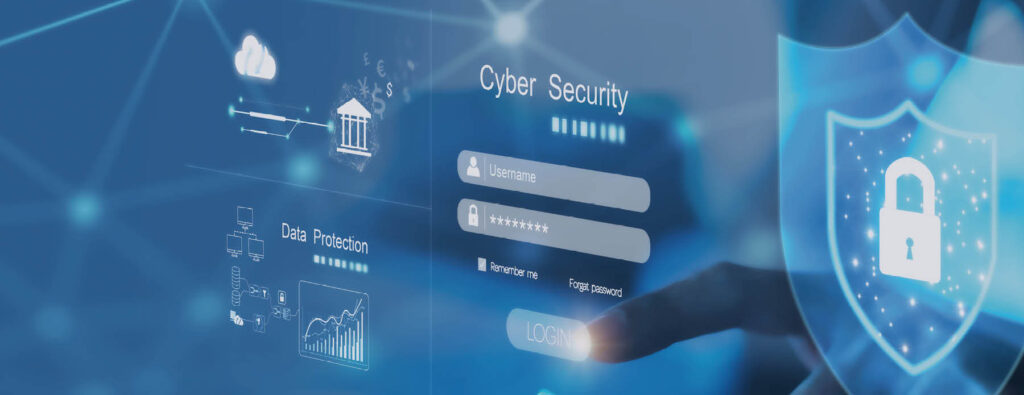October is Cybersecurity Awareness Month, a time dedicated to promoting online safety and protecting against cyber threats. One of the simplest yet most effective measures you can take to safeguard your personal and professional data is creating and using strong passwords. Weak passwords are among the easiest ways cybercriminals can access your accounts and sensitive information. Following a few key guidelines can enhance your security and reduce the risk of cyber-attacks.
What Makes a Strong Password?
A strong password is difficult to guess or crack using automated tools. According to the Cybersecurity and Infrastructure Security Agency (CISA), strong passwords have the following characteristics:
- At least 12 characters long.
- A mix of upper and lowercase letters, numbers, and special symbols such as @, #, $, or %.
- Not based on easily accessible personal information, such as names, birthdays, or simple dictionary words.
- Consider using a pass phrase instead of a password.
Examples of Strong Passwords vs Weak Passwords
Let’s look at some examples:
Weak Passwords:
- Password123
- qwerty
- JohnDoe2023
- 111111
These are weak because they are either too short, overly simple, or based on personal information. Cybercriminals can easily crack these using standard hacking techniques.
Strong Passwords:
- B@c!V1nH#9lq3
- %S3cur3MyL0g!n$
- K8mZ#24rGp&!
- C0ff3eP@$$w0rd%
- TropicalEagle!77_dancesOnClouds@
These strong passwords are difficult to guess or crack because they follow best practices, including a combination of letters, numbers, and symbols, and are not easily tied to personal information.
Additional Tips for Creating and Managing Strong Passwords
- Use a Password Manager: Remembering multiple complex passwords can be challenging. Password managers generate and store strong passwords for your various accounts so you don’t have to remember them all.
- Enable Multi-Factor Authentication (MFA): In addition to a strong password, use MFA whenever possible. This provides an extra layer of security, typically through a code sent to your phone or email.
- Avoid Password Reuse: Reusing the same password across multiple accounts is risky. If one account is compromised, others are likely to follow. Always create unique passwords for each service.
“A single weak password can be the key to a wide range of personal and business data. Strong passwords combined with multi-factor authentication are essential first lines of defense in protecting against cyber threats,” said David McDowell, Senior Director of Information Security at Tidal Basin.
Adopting these practices will significantly reduce the risk of unauthorized access to your accounts and personal information.
For more information on creating strong passwords, check out the Cybersecurity and Infrastructure Security Agency’s guidelines.



